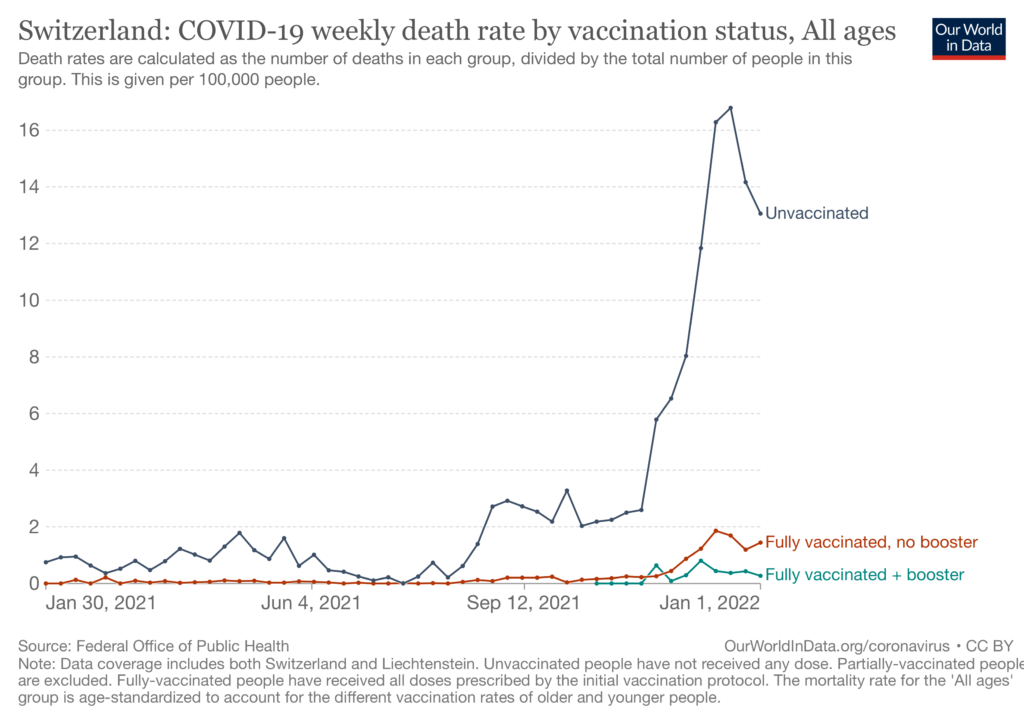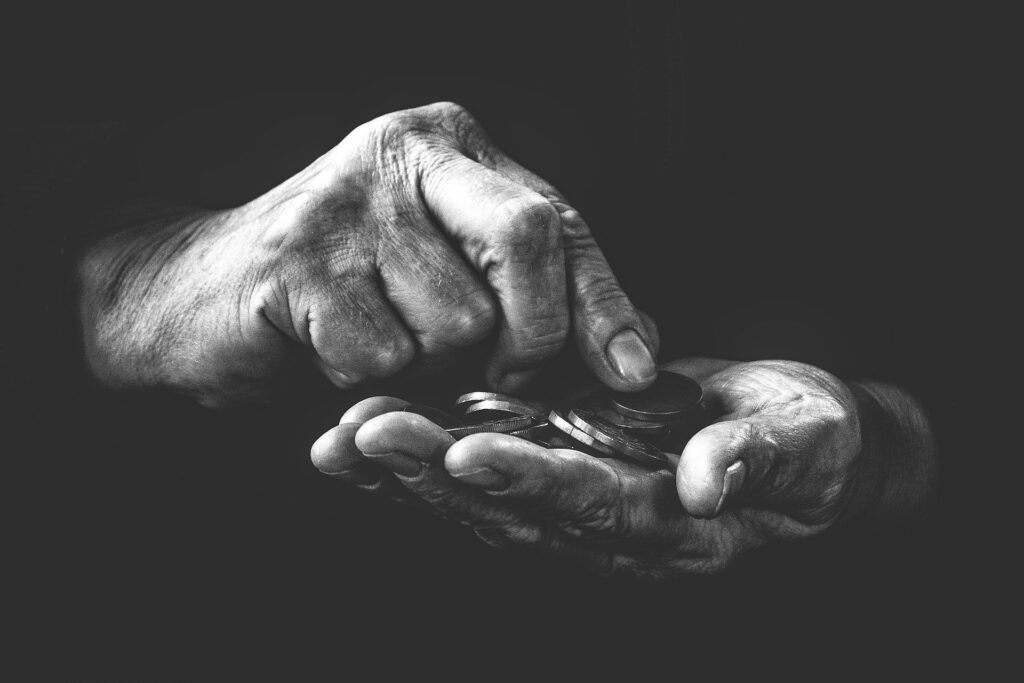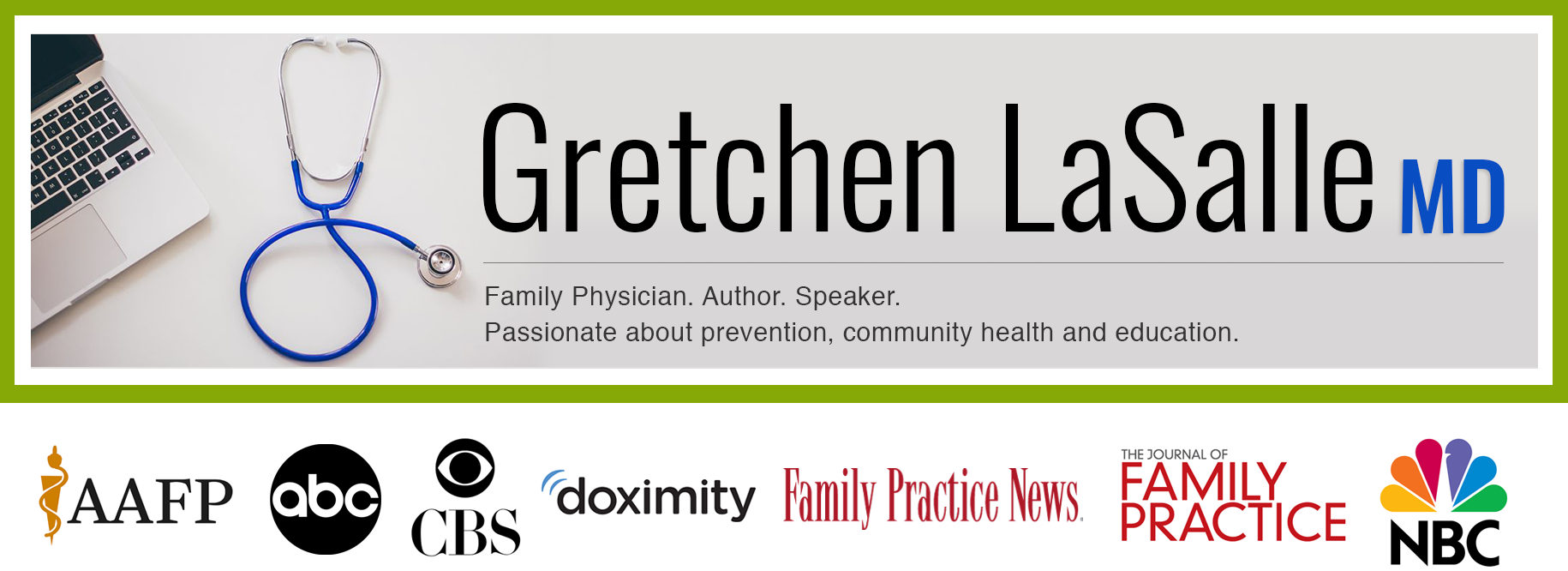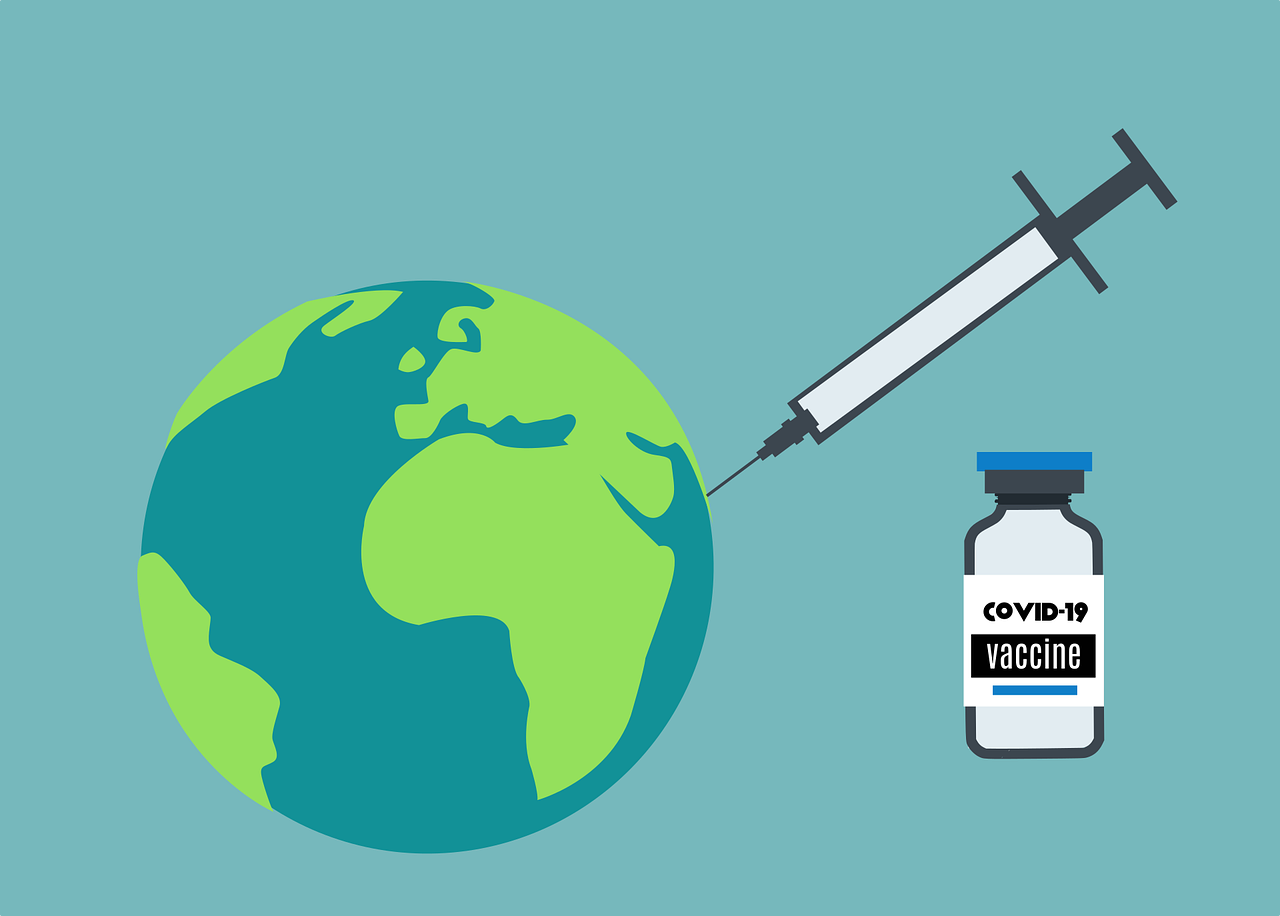Why do we vaccinate? This is a super important question and one I don’t think enough people have fully thought through. The reasons aren’t as black and white as we might think. But we’ll get to that in a minute. First, I want to take a moment to ponder where we are and how things have changed during the pandemic.
We are now 2+ years into living with the SARS-CoV-2 virus and more than a year into having COVID vaccines, true triumphs of science and medicine. We are gaining greater understanding of the virus every day but, just when we think we are getting a foothold, Mother Nature throws us a curveball – another variant; a reminder that the only constant in life is change. If nothing else, this virus is teaching us to be humble and nimble. We should never underestimate Mother Nature. And we must be willing to adapt and change our approach when necessary or risk losing more lives to SARS-CoV-2.
The virus is also shining a light on the tremendous role that the social determinants of health (access to healthy food, running water, the internet, childcare, medical care, and more) play in COVID outcomes. It is exposing the weaknesses in our healthcare and public health systems. And it is highlighting the far-reaching detrimental effects of political rancor and partisanship. We are seeing the best and the worst of humanity brought to bear in the face of unimaginable suffering and loss. We’ve seen incredible service and sacrifice by some but tremendous selfishness and manipulation for personal gain by others. The whole thing has been exhausting.
Speaking of exhaustion…
COVID fatigue can make a person feel like giving up – on trying, on caring. It can lull us into thinking that maybe, just because the Omicron variant seems less deadly than other variants, we should “let the virus run its course” or let ourselves get sick and “just get it over with”. I admit that a teeny tiny part of my brain has entertained this idea. But then the bigger, louder, doctor-y part of my brain says, “What the @%$&? Are you crazy?”. Here’s why we can’t give in to this line of thinking.
- First, this argument assumes that we’re done with worrying about COVID once we’ve recovered from the illness (if we are lucky enough to recover). However, we know that illness doesn’t offer us life-long protection. People can get COVID more than once and we don’t always fare as well the next time around. Also, emerging new variants mean the possibility of more deadly infections in the future – Omicron is likely not the end of the story.
- Second, while the Omicron variant is seeming to be less dangerous in the short term than prior variants, it is by no means a benign illness for everyone. And we haven’t lived with this variant long enough to know about longer term outcomes from infection. Even mild illness can result in long-COVID symptoms, which can be life altering. And what will infection with the SARS-CoV-2 virus do to us decades in the future? Other viruses (measles, chicken pox, HPV, polio, etc.) can have devastating late-developing consequences. SARS-CoV-2 may be no different. Only time will tell.
- Finally, and perhaps most importantly, many of our children and many of the world’s inhabitants have not yet had the opportunity to be vaccinated. Vaccinating ourselves and masking, distancing, and sanitizing are measures we can take to continue to protect others until they, themselves, can receive protection through immunization. Letting the virus run its course dooms many to death and disability. I don’t know about you but I’m just not willing to do that to my fellow humans.
“But won’t we just have to keep getting more and more boosters?
It seems like there’s no end in sight.”
Well, the answer is… “probably”. Most experts feel that COVID is going to become endemic – something we will live with and deal with on an enduring basis, like the flu. It is unlikely that we will be able to fully eradicate this virus, like we’ve been able to do with Smallpox or, in most countries, Polio. This virus is going to be part of our “new normal”. And we’re just going to have to get used to it. Most of us will get COVID at some point in our lives, just like most people eventually get the flu. The question is… how sick are we going to allow ourselves or our loved ones to get? How many others will we allow ourselves or our loved ones to infect? These are the same questions we should be asking when it comes to ALL vaccines, not just COVID.
To the question at hand… Why do we vaccinate?
- When we choose to vaccinate, we choose life and health – because vaccines are extremely good at preventing serious and deadly outcomes of disease. The graph below illustrates this beautifully. Similar trends are seen around the world.

Graph depicting rates of death from COVID-19 in Switzerland based on vaccination and booster status. Photo from OurWorldInData.org.
- When we choose to vaccinate, we choose to protect others more vulnerable than ourselves – because vaccines decrease our ability to transmit illness to others who might suffer. This is not only important for the individual, but it can also help decrease the chance of dangerous viral mutation.
- Scientists theorize that when viruses are allowed to linger in a person’s body for longer periods of time, mutations are more likely to happen. If a virus infects someone who can’t fight off the virus effectively, it has time to learn the body’s defenses. Mutations can happen that then allow that virus to either become more contagious or can make vaccines less effective.
- When we choose to vaccinate, we choose to protect our children’s futures – not only their physical health but also their academic, social, and emotional health. Vaccines keep kids in school, where those lessons and interactions so vital to their growth and development occur.
- When we choose to vaccinate, we choose to keep families intact – because loss of one or both parents and caregivers can have repercussions in a child’s life for decades to come.
- As of October 2021, more than 140,000 children in the US have lost at least one parent or custodial grandparent to COVID.
- We in the US have better safety nets for these kids than other countries. For a moment, just consider what effects this could have on a child living in one of the poorest countries in the world.

COVID-19 can have devastating effects on personal, family, and community financial health and wealth. Image from Pixabay.
- When we choose to vaccinate, we choose to safeguard our personal and community financial health – because vaccines keep us at work, contributing to society, earning a living and keeping businesses running. And they keep us out of urgent cares, ERs, and the hospital, where we may incur huge medical bills which can set us back financially for years to come.
- I want to put a little data behind this, so that you get a real feel for the impact that this virus has had or could have on us financially. Let’s look at a paper published in JAMA in October of 2020. The authors model the estimated financial costs if we were to get control of the pandemic by the fall of 2021 (and we know that that didn’t happen).
- “The total cost is estimated at more than $16 trillion, or roughly 90% of the annual GDP of the United States. For a family of 4, the estimated loss would be nearly $200,000. About half of this amount is the lost income from the COVID-19-induced recession; the remainder is the economic impact of shorter and less healthy life.”
- “The lost output in the Great Recession was only one-quarter as large. The economic loss is more than twice the total monetary outlay for all the wars the US has fought since 9/11, including those in Afghanistan, Iraq, and Syria.”
- Let’s also look at an example of the estimated hospital costs for someone with a complex (meaning needing ICU care and/or ventilator support) COVID-19 hospitalization vs costs for a noncomplex hospitalization. These estimates come from a group called Fair Health, an independent nonprofit focused on enhancing price transparency in healthcare. We’ll look at Washington state (because that’s where I live!) but you can look up costs for your own state here.
- Complex: $334,224
- Noncomplex: $80,336
- I want to put a little data behind this, so that you get a real feel for the impact that this virus has had or could have on us financially. Let’s look at a paper published in JAMA in October of 2020. The authors model the estimated financial costs if we were to get control of the pandemic by the fall of 2021 (and we know that that didn’t happen).
For those of you out there who see vaccination as ONLY an individual choice…
Please do something for me. Just imagine that you are head of your local or state public health department. If you were charged with protecting the health of the population, including children and other vulnerable individuals, how would you do it? And what if a decent chunk of the population refused to enact your recommendations, allowing illness to continue to run rampant and cause death and community-wide devastation? How would you handle it?
We’ve got to get out of this “it’s all about me” line of thinking. It’s not. What a selfish and lonely way of viewing the world. We’ve got to have each other’s backs. Whether we like it or not, our lives are intimately intertwined, and our choices have far-reaching consequences outside of ourselves and outside of our family unit. We all play an important role in the health of others. Let’s start acting like it. Vaccinate… for the good of humankind.
Thanks for joining me. It’s been a long time since I’ve written (I’ve had a little bit of COVID fatigue, myself) and I hope to be a bit more productive going forward. If you have not already signed up to get regular updates about blogposts, please hop on over the home page and subscribe. Until next time…

